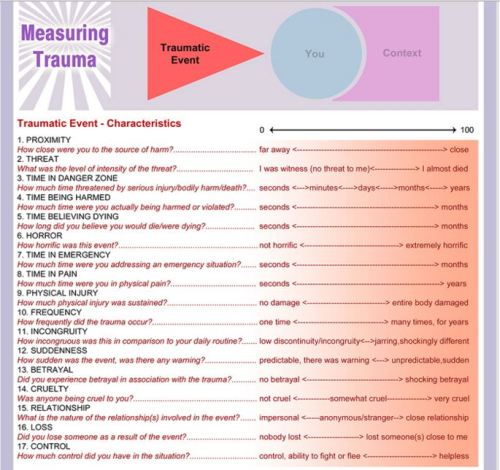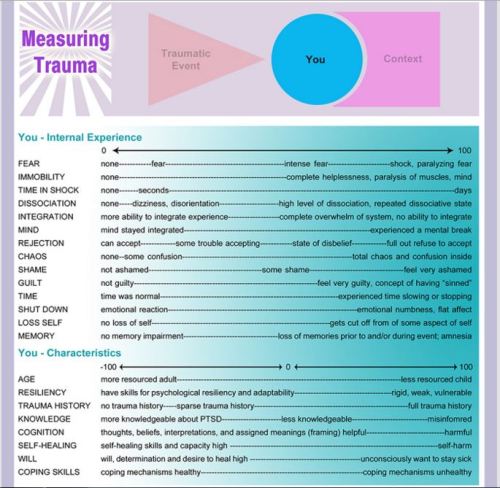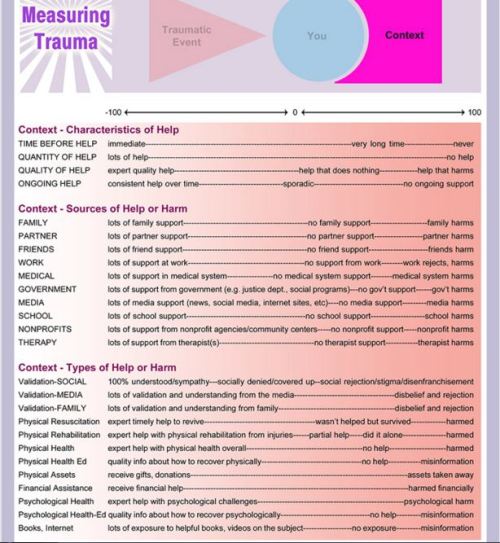#mental illness

“How do you define your mental illness?”
I like to ask people this because it’s interesting to see how they choose to define their mental illness. If they can’t, it opens the discussion of this. Yes, we can go to the diagnostic criteria, but I’ve posted in the past about how constricting this can be especially for treatment. If you haven’t, take the time to reflect on how you define your mental illness. I think this is important in breaking down the stigma because we all have a story to tell, but how we tell it is going to be different for everyone.

This is especially for the people that feel stuck in their recovery and struggling with making that “first step” towards treatment.
It is ok to be uncomfortable. Treatment is going to constantly test you. You will be pushed to places that you may have buried for years. I’ve spoken before about vulnerability and I feel like that was the hardest part for me. Something as simple as accepting hard truths was an accomplishment for me in the beginning.
If you are struggling at the moment, with moving forward or accepting treatment, what are your goals to move past it? If you have advice, feel free to share to help others.
https://mentalillnesstaughtme.com/2019/03/03/being-uncomfortable/




As a 2019 NEDA Collaborator, know that recovery is possible.
Bulimia was the master over me for many years. As professionals provided inadequate treatment, my parents over the years reached out to many organizations. NEDA was one of them.
I will always be grateful for this organization and the resources they provided my parents when the research wasn’t there on minorities and eating disorders.
Feel free to click the link below to read more of my story. Also, feel free to share this post and graphics. ❤❤

I have a friend that has schizoaffective disorder and we talked about the aftermath of an episode. Episodes include depressive, manic, mixed, psychotic, etc. You go through them at weeks (or months) and at times all you were trying to do is stabilize enough to make it through them.
You survive it but now you have to deal with the aftermath. This could be the missed phone calls/emails, debt from excessive spending, or things that were just once an priority that took a backseat.
My friend explained it as cleaning up the residuals and I feel like that fits perfectly. You are trying to repair, fix, clean, get back on top of everything. Ironically, this can sometimes lead to another episode if you don’t have a plan or support through it.
How do you deal with the aftermath? I would love to hear your thoughts on this.

“I’m a recovering drug addict and have learned to accept my own journey. I looked at someone else’s successes and would get disappointed when I didn’t live up to them. Once I realized I was still using addictive behaviors, just not with drugs, I was able to be real with myself. I’m now 2 years drug free and I want others to know it’s hard, but possible.”
Anonymous post. Thank you for sharing!
https://mentalillnesstaughtme.com/2019/02/17/my-own-journey/

Through years of therapy and recovery, you learn different coping techniques or skills to manage your symptoms. Over time, you saw results and they were proven effective. You remain hopeful and dependent on them.
Then one day, it no longer works. You give it time, try to make it habitual, but it still doesn’t work.
I’ve learned with trying to manage my mental illnesses that I have to be flexible with ongoing management. What worked before may not work later.
I would love to hear your experiences or thoughts regarding this.
Oh the rabbit hole I fall into when I overthink, especially when I rationalize things to fit my current state of reality. I’ve learned how to step back and try to process situations rationally. This can be tough when you have impulsive/obsessive thought patterns, history of psychosis, or other factors that can cause rumination or detachment from reality.

Click the link below to read about the coping technique I use.
Feel free to share what your mental illness has taught you! You may submit anonymously if you wish.
“That I am responsible for treatment even if that treatment is simply working on self awareness and discipline. Mental illness has taught me that it is not an excuse; it is something to work on.”

Nettie was diagnosed with Obsessive Compulsive Disorder and Major Depressive Disorder. After 7 years of therapy, those diagnoses stemmed directly from Post-Traumatic Stress Disorder.
Thank you for sharing! Check out the link for her info.

This mostly goes for myself, especially with self-talk and rumination associated with anxiety. When I learned how to set boundaries for myself and not overthink, I’m more productive with myself and also being there for others. For me to constantly go over this in my head, at times, leaves me “stuck” causing more issues. I’ve learned to accept my decisions and stand firm in them.
Is this something you are still working on? If you have mastered this, what helped you?
https://mentalillnesstaughtme.com/2019/01/13/without-explanation/

One of the most frustrating things, when I started therapy, was trying to find a cause/trigger/etc. I was in my early teens, so I can understand the reason for this. This continued to frustrate me over the years especially trying to explain to people my mental illnesses or how certain episodes can just happen…no rhyme or reason. Read more at:
https://mentalillnesstaughtme.com/2019/01/06/without-a-cause/

New year, new me? Probably not, but that’s me being realistic. I’m in a comfortable place right now. Physically, mentally, and emotionally. The only things I really want to achieve are to write and experience more. If you are making resolutions feel free to share!
https://mentalillnesstaughtme.com/2019/01/01/happy-new-year/

I posted this around this time last year. Reminder that your mental health is important. Do what you can to maintain it and do not feel guilty if you need space. Your first obligation will always be to yourself.

“I was diagnosed with schizophrenia last year and it has been tough. I don’t have much family, but my friends have been helpful with me managing. Medication and support has helped tremendously.”
Anonymous post. Thank you for sharing!
https://mentalillnesstaughtme.com/2018/12/09/perception-and-reality/

I’ve always felt like I needed to be there for people even when it sometimes was at my own expense. I’ve learned over the years how detrimental this can be to even someone without an mental illness. Learning to say “no” or accept that other’s decisions are not for me to control helped me accept that I can’t be everyone’s savior.

Dealing with a mental illness can make you distrust your own thoughts and others as well. You may have tried to express yourself in the past and were shut down. This is why it is so important to find your voice. You have a say in your treatment so it is important to have this trust with the professionals in your support system. You have the right to express your thoughts and feelings to others. Your voice matters and if you haven’t found it yet, I hope you do soon.
https://mentalillnesstaughtme.com/2018/11/11/find-your-voice/

There is so much out of my control, that I just have to accept it. This can be a hard pill to swallow, but the realization and acceptance makes changing things I can control easier. Thoughts may come, but I can choose how to react. Situations may happen, but I have the right to detach or disconnect if I can. And if I can’t, I try to manage until I can. This is all general because we all have ways to cope, manage, but yet hold ourselves accountable for what we can change.
https://mentalillnesstaughtme.com/2018/11/04/holding-myself-accountable/

For me it was hard to accept. Finding peace with your past. Managing symptoms in the present. Planning for the future. These all require time. I expected everything to be “fixed,” not truly understanding time. The patience, the work, the setbacks, etc had to all be accepted for me to fully grasp the magnitude of my mental illnesses.
How have you viewed time when it comes to your mental illness?
So I found this and for the most part- I really like the way it shows just how many things go into how ‘bad’ someone’s PTSD/trauma symptoms might be. That it isn’t always about the type of trauma (Something we hear a lot about in the inbox ‘it was only ___________’)
How being blamed and how social support (or lack of it) can play a big role.
How things like freezing at the time can make it worse. (We also get a lot of ‘but I didn’t fight back, how can I call it trauma…. well, because freezing is a response to trauma- that’s why.) Or memory loss.
I dislike the ‘Will’ one- I understand what they’re talking about but it could definitely be worded better. ( Some people have a fear of getting better because they don’t know what that’s like, or they’re super suspicious of the idea of getting better. That isn’t quite the same thing as ‘wanting to stay sick’ and too many outsiders try and say that of survivors who aren’t healing on their time line.)
Post link
Love getting attached to my middle aged therapist who reminds me of a mom…love that for me lol.



